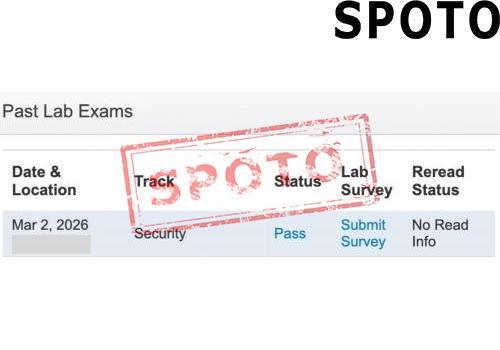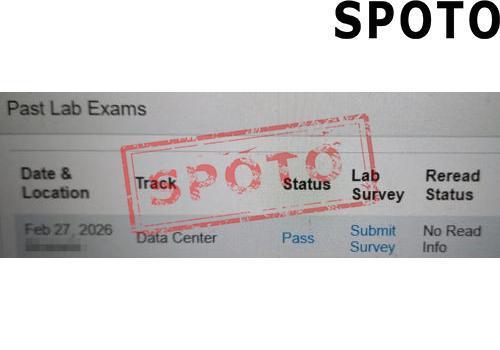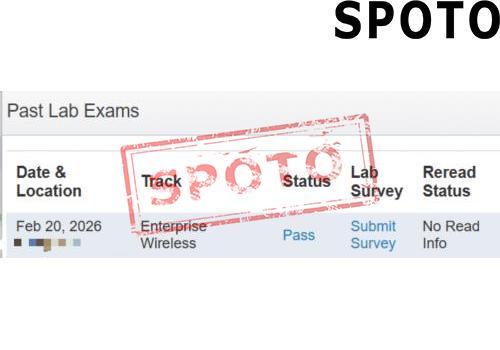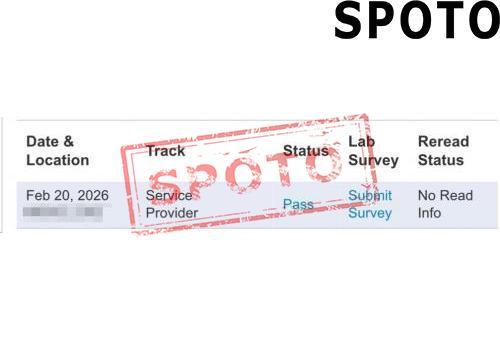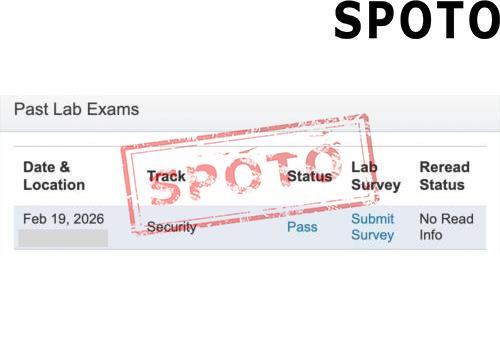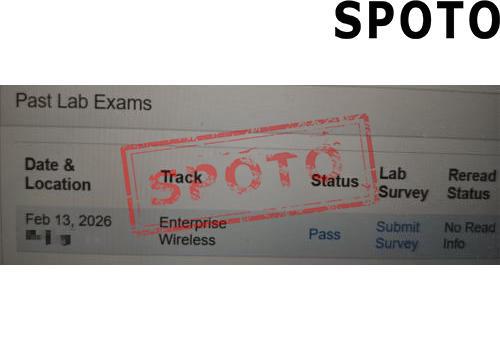
Table of Contents
1. What is a DevOps Engineer?
DevOps is a combination of Development (Dev) and Operations (Ops). DevOps are those indispensable IT staff who know how to write efficient code.DevOps engineers are general talents in the IT field whose main job responsibilities are to be responsible for the efficient operation of the company's IT infrastructure. This position requires a deep understanding of common network system architecture, configuration and management, as well as the toolset and practical experience of traditional network developers, such as using source code control, providing and receiving code reviews, writing unit tests, and being familiar with agile principles.
2. What does a DevOps Engineer do?
DevOps engineers are mainly responsible for the automated deployment, operation and maintenance management, and continuous optimization of software systems in the production environment of the enterprise. This position usually appears in technical teams that emphasize continuous delivery, system availability, and service stability. It is a bridge position between software development and IT operation and maintenance. Its core responsibilities include:
- Promote the implementation of continuous integration/continuous delivery (CI/CD) processes to improve delivery efficiency;
- On-duty system operation and maintenance, perform on-call service response, and ensure stable system operation;
- Implement security strategies, including vulnerability management and risk assessment, to enhance system protection capabilities;
- Develop or introduce automated tools to reduce repetitive manual operations and improve operation and maintenance efficiency;
- Deploy automated operation and maintenance functions such as performance monitoring, fault diagnosis, and automatic recovery;
- Assess risks during system changes to ensure high availability and reliability of the overall environment.
DevOps positions involve both programming skills and system operation and maintenance, security awareness, and automated thinking. They are suitable for technical talents who are familiar with software development processes and understand operation and maintenance systems.
3. Career Insights: Salary, Outlook & Related Roles
(1) DevOps Engineer Salary
In Los Angeles, California, the average salary for a DevOps engineer is approximately $124,260 per year, with annual salaries ranging from $104,100 to $162,345. The 75th percentile makes $142,600, and the 25th percentile makes $104,100. The highest earners make up to $162,345 per year, with hourly wages ranging from $50 to $78.
(2) Job Outlook of DevOps Engineer
A career in DevOps is rewarding in many ways. First, the average annual salary is between $105,000 and $114,000, with salaries as high as over $160,000. Second, job growth is rapid, with an expected growth rate of over 20% per decade, and there are currently over 118,000 job openings on LinkedIn.
(3) Similar Occupations
- Site Reliability Engineer (SRE)
- Infrastructure Engineer
- DevOps Architect
- Platform Engineer
- Build and Release Engineer
- Release Engineer
- Cloud Consultant
- Director of DevOps
- System Administrator
- Automation Engineer
- Release Manager
4. How to Become a DevOps Engineer?
(1) Obtain a Bachelor's Degree
The first step to becoming a DevOps Engineer is to earn a bachelor's degree in a related field, such as computer science, information technology, engineering, or a related discipline. Courses in software development, network programming, database management, and organizational management can provide a solid foundation for a solutions architect's career.
(2) Develop professional skills
First, you need to have technical skills, practical experience, and a deep understanding of development and operations workflows. Specifically, you need to have practical experience in scripting (such as Python or Bash), automated pipelines (CI/CD using Jenkins, GitHub Actions), and building infrastructure as code using tools such as Terraform or Ansible. Secondly, during the application process, employers often require proficiency in cloud ecosystems (AWS, Azure, or GCP), container orchestration (Docker, Kubernetes), and Git version control, so it is necessary to have in-depth and continuous learning of the operation of cloud ecosystems. Finally, in the process of career advancement, your soft skills are equally important, such as the ability to communicate across teams.
(3) Earn Industry Certifications
While not always required, earning an industry-recognized certification can demonstrate your expertise and enhance your credentials and credibility as a solutions architect. There are many job-related certifications, but the most recommended one is DevNet Expert certification, which can prove that you can design and develop advanced network automation solutions through the entire network lifecycle, from concept and deployment to operation and optimization. Become a leader in a range of NetDevOps roles with the DevNet Expert certification.
